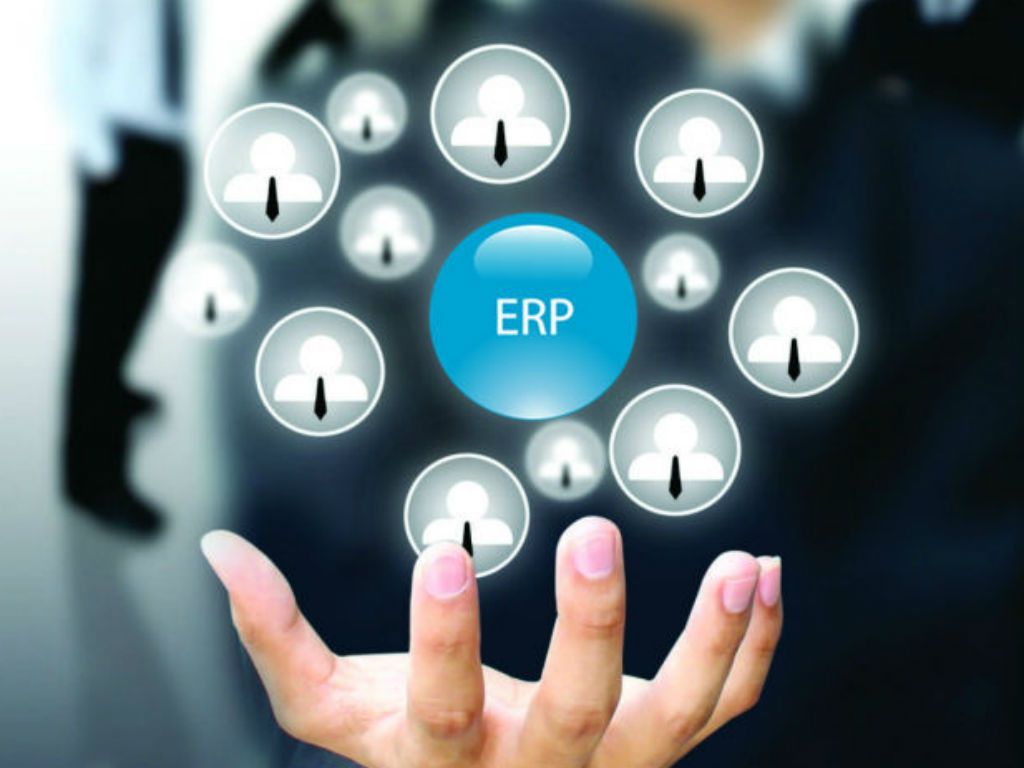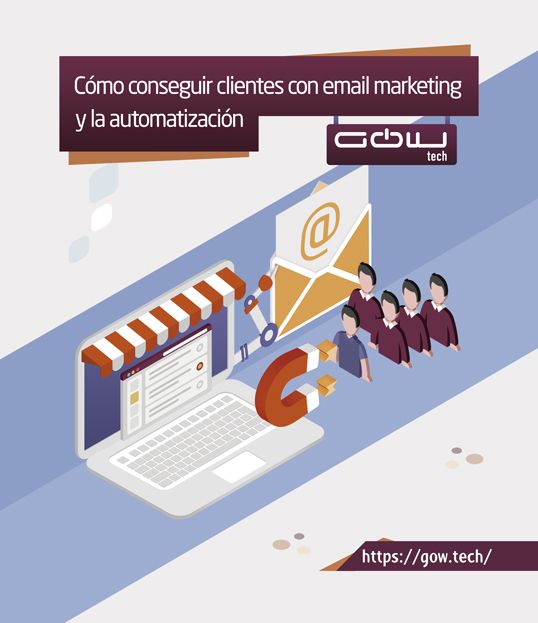Digital transformation and the importance of ERP in companies
It is difficult to monitor the inventory and billing tasks that are carried out in a business or warehouse when the data is not centralized, but is handled by traditional paper methods, cash without box or file.
Therefore, some commercial groups have been implementing software that facilitates the daily work related to stock products and the money that enters and comes out with each sale.
ERP implementation and digital transformation
Today, numerous businesses and companies want to implement digital transformation and with it, an ERP system , even before opening its doors to the public, because it is a mechanism that is very useful for commercial relations.
The term ERP refers to Enterprise Resource Planning , that is , a business resources planning system or program that takes care of various internal operations. It has a possibility of application both at the level of production in industrial plants, and in distribution centers and shops.
The role of ERP in the digital transformation of companies
The implementation of digital transformation and its ERP software is on its way to most small and medium enterprises, but its adaptation is an important and very profitable investment for which many companies and businesses are betting on it .
Development and functionality of ERP in digital transformation
As confirmed by the Panorama Consulting through a survey conducted in 2013, 40% of companies that acquire an ERP receive a notable increase in their productivity and a much higher capacity to effectively manage their resources and billing at each point of sale.
But what role does an ERP system play in the digital transformation of companies?
Initially developed to simplify the complex processes of large companies, ERP systems and other innovative technologies are now available for SMEs. It is not surprising that digital transformation becomes easily the growth and innovation center for companies around the world.
With a robust business resource planning system (ERP), it is easier to locate and address the different problems that may arise in digital adaptation and optimize different business areas through the same management software.
From decision -making to the improvement of commercial results, these revolutionary digital solutions are helping companies operate as industry leaders do in their different sectors.
Importance of digital transformation for SMEs
Since digital T is at the forefront of business growth strategies, more and more industry businesses are encouraged every day to change its approach to the latest technologies. And although some companies have not yet begun their digital transformation , others have already overcome that stage and are progressing more successfully in all their commercial strategies.
It should be noted that as globalization and mobility continue to interrupt traditional processes, it becomes more important to have really efficient solutions.
To achieve performance objectives, companies are leaning towards technologies such as new cloud -based Erp solutions , which can adapt to their growing needs, including the availability of real -time data and high performance functionalities that provide a better experience for their users.
Why is digital transformation for SMEs?
The competition that exists today among companies is fierce and inevitable , offering avant -garde service and products, is crucial for a business to assume new technological changes, and have tools that allow us to manage all processes in the most efficient way. Digita L transformation allows us to increase the productivity of a business through optimized processes and better relationships with customers and employees.

Advantages offered by an ERP of digital transformation at the business level.
Operations: An ERP system manages and scale all commercial processes with greater visibility. Automates daily commercial activities: accounting, stock management, payroll processing, labor force management, etc. Having a centralized database , without using different software to perform each of the actions, allows each department to communicate with the other without problems and make their work profitable optimally, saving costs and improving productivity.
Safety of your data: the information of your business or company is safely stored, in a sophisticated database that is only possible to access with specific keys and credentials. You can store both financial and accounting information, as well as inventory, merchandise rotation per season and keep control of income and losses at points of sale.
Stock control: records all the merchandise that enters your warehouse or deposit and has a control of the number of units that are rotated in each sale, invoicing to manage new orders. This optimizes the stock control process that, if carried out by the traditional method, would be extremely heavy for management.
Improvement in decision making: The ERP system helps you decide who is the best supplier, or if it is really worth bringing a certain product. Performs a comprehensive evaluation and reading of data to determine if it is what is most convenient for the business.
Customers: An ERP allows to expedite customer relationships and their demands for service, improve and synchronize online sales and increase the profitability and trust of consumers.
Employees: Employees can focus on a more productive work, since the ERP system is responsible for covering and optimizing many processes. Automation reduces the possibilities of human error and multiple data entry.
ERP on mobile: service that offers employees the possibility of accessing the system through any mobile device with internet access or without it. By reducing operating costs, the solution helps increase business productivity.
The integration of an ERP system through digital transformation , never involves a brake for your company or business, on the contrary , it generates a control mechanism that automates much of the tasks that subtract you time , so that you can focus on the most important thing: to fit and position yourself in your target market.
Currently, a good ERP system for SMEs is essential to optimize and automate all areas of a company and channel the different processes of production, administration, distribution, warehouse and sale on the same digital platform, improving productivity, reducing costs and therefore increasing commercial benefits.




